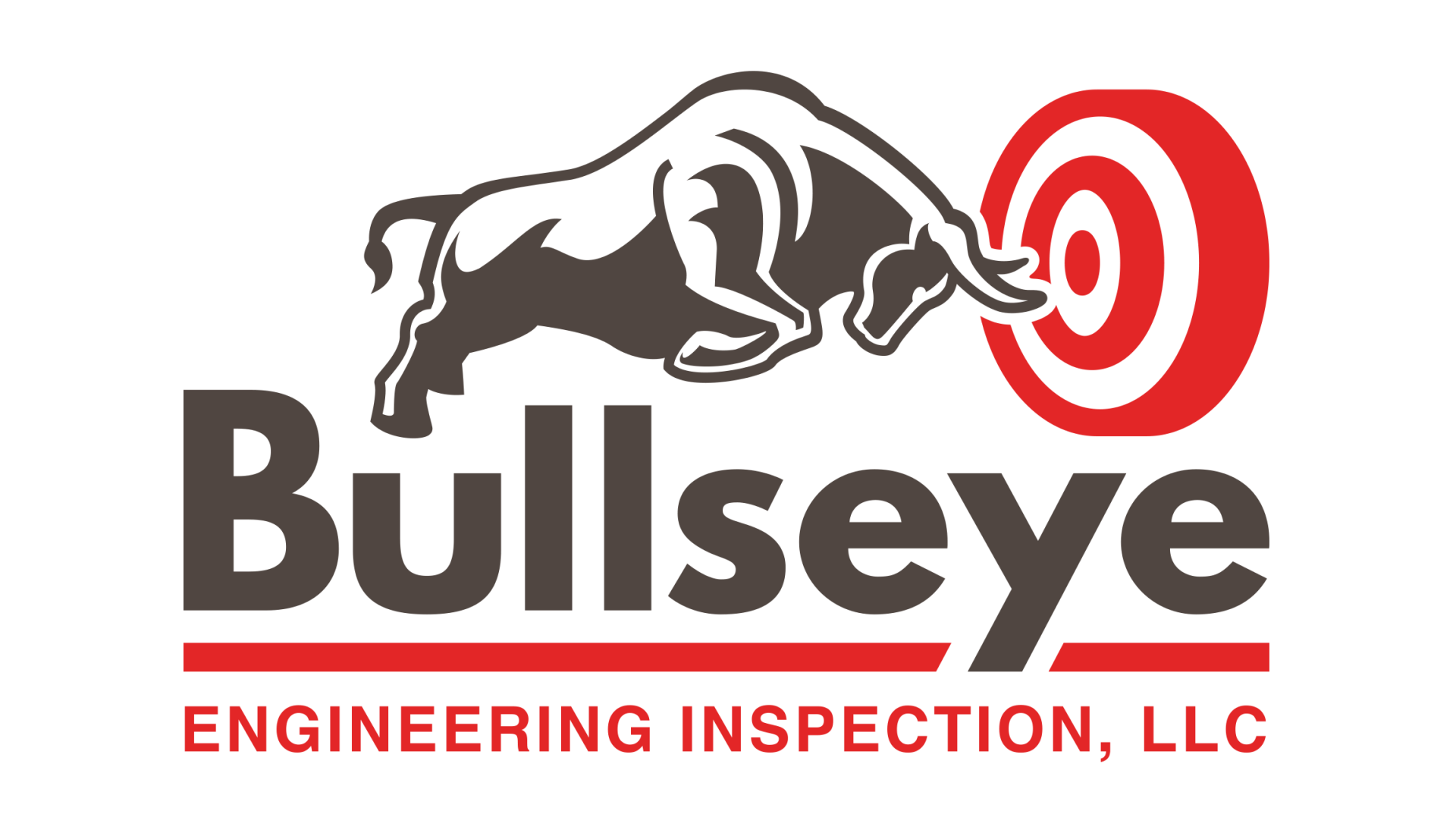
An inspector, whether working for a buyer or a seller, must follow a Standards of Practice, which outlines the minimum requirements an inspector must meet when inspecting a property. Home inspection requirements differ significantly per state. Some of the elements inspected include:
- Structural Systems
- Foundation Opinion
- Grading and Drainage
- Roof covering
- Roof Structure and Attic
- Walls
- Ceilings and Floors
- Doors
- Windows
- Fireplace/Chimney
- Porches/Decks/Carports
- Electric
- Service Entrance and Panels
- Branch Circuits
- Heating, Ventilation, and Air Conditioning Systems
- Heating Equipment
- Cooling Equipment
- Ducts and Vents
- Plumbing System
- Water Supply System and Fixtures
- Drains, Wastes, Vents
- Water Heating Equipment
- Water Heating Equipment
- Hydrotherapy Equipment
- Appliances
- Dishwasher
- Food Waste Disposal
- Range Hood
- Ranges/Ovens/Cooktops
- Trash Compactor
- Bath Exhaust Fans and/or Heaters
- Whole House Vacuum Systems
- Garage Door Openers
- Doorbells and Chimes
- Dryer Vents
- Microwave Cooking Equipment
- Ranges/Ovens/Cooktops
- Range Hood
- Food Waste Disposal
Optional inspections should also be consulted with the home inspector, such as lead paint inspection or asbestos inspection. Such inspections are only found in some homes; therefore, they are not typically accounted for in the initial inspection fees.
